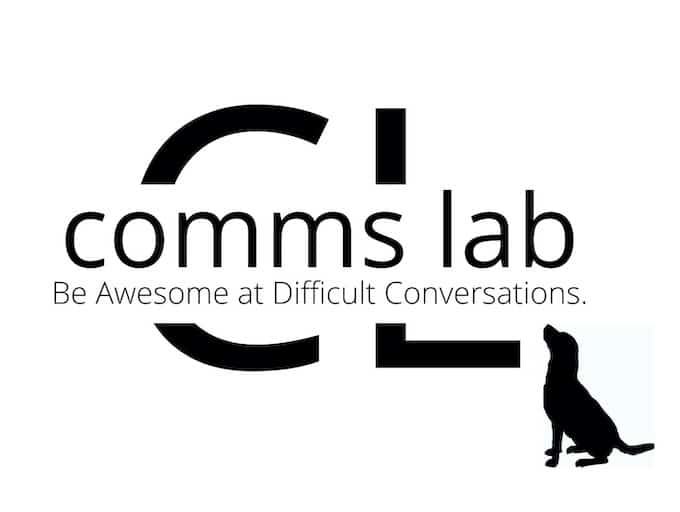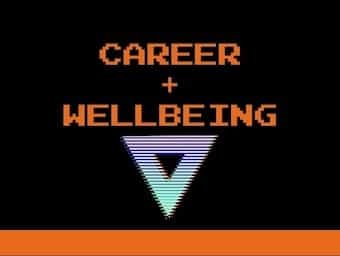
Comms Lab: Explore the story
Defusing strong emotions - how to consolidate your gains by exploring their story. Fifth video in a series on the NURSE acronym

Defusing strong emotions - how to consolidate your gains by exploring their story. Fifth video in a series on the NURSE acronym

What is a Supportive Statement, and Why is it the Only Thing That Helps Sometimes? Fourth video in a series on the NURSE acronym

The Top 5 most important things I've learned about how to express Respect, Praise and Appreciation; and how we can integrate these skills into our work and life.

Respond to Emotion by Understanding the Driver. The NURSE acronym represents a series of well-studied skills for responding to emotion - a valuable toolkit for empathy.

Respond to Emotion by Naming It. The NURSE acronym represents a series of well-studied skills for responding to emotion - a valuable toolkit for empathy.

Structure Difficult Conversations. Adding structure, and continually orienting yourself and your counterpart to that structure is so valuable in tough conversations

Getting started in a difficult conversation, is at least half the battle. Here are the 3 most valuable strategies for navigating the back half of any difficult conversation.

Often the hardest part of any difficult conversation is just getting started. In the time-pressured world of healthcare, embarking on a difficult conversation is a particularly daunting prospect.

De-escalating Challenging Emotions in Others - A Battle-Tested Approach. The brain-based model simple enough to apply in the heat of the moment

Hayden Richards discusses the cognitive-emotional skill of reframing, and why he believes it is the unsung hero of communication skills

Why are Some Conversations More Difficult Than Others? Life is full of difficult conversations - more than we'd care to admit... especially if we include the ones we avoid.

Liz Crowe gives sage advice about dealing with grief and loss in the critical care setting, for both relatives and health care professionals.